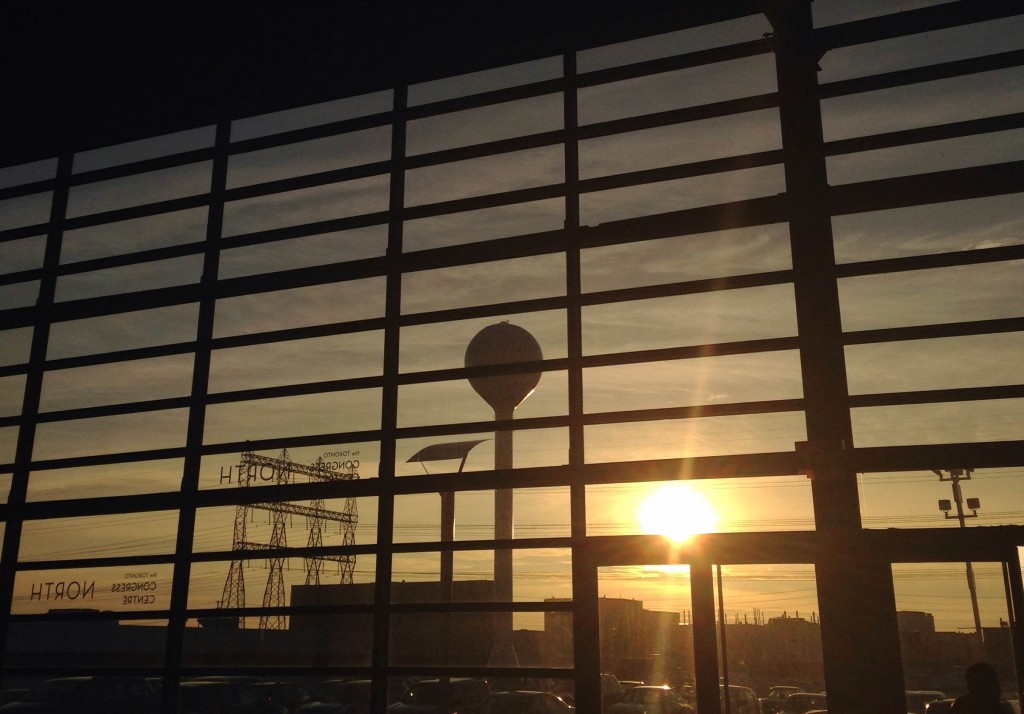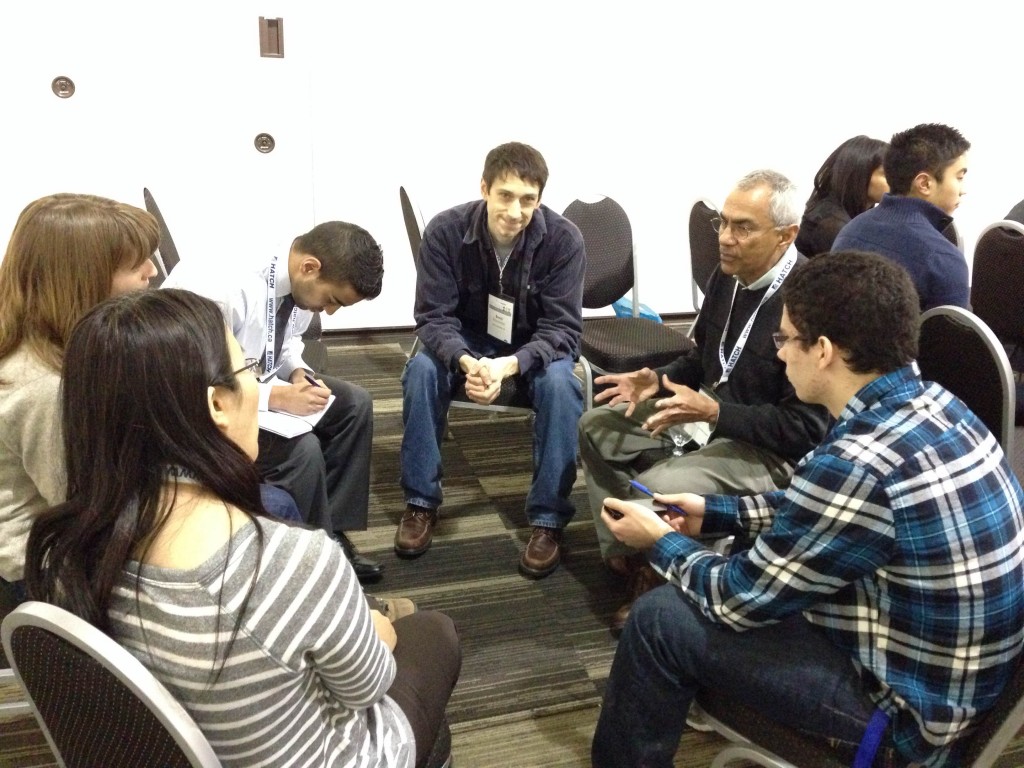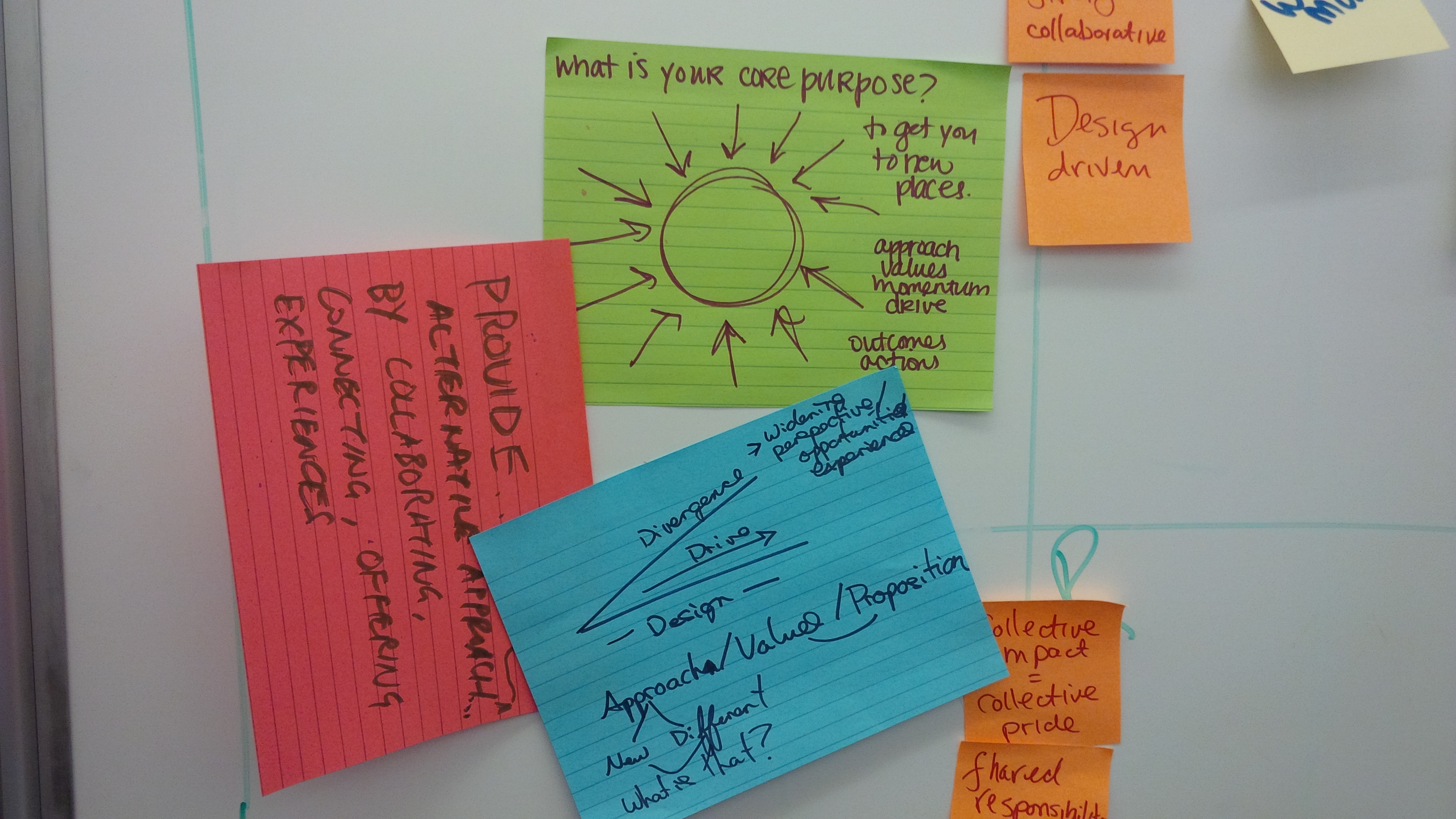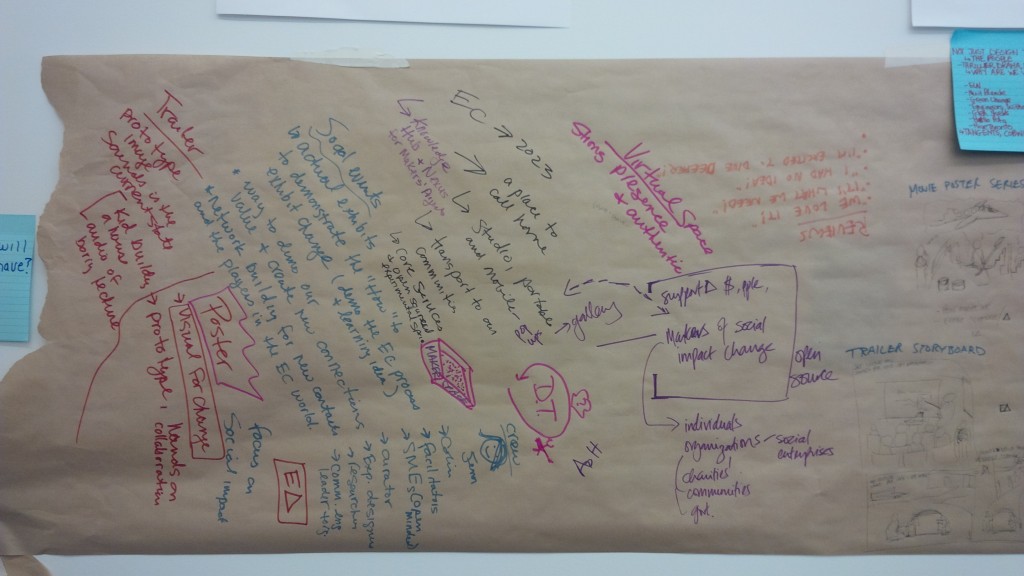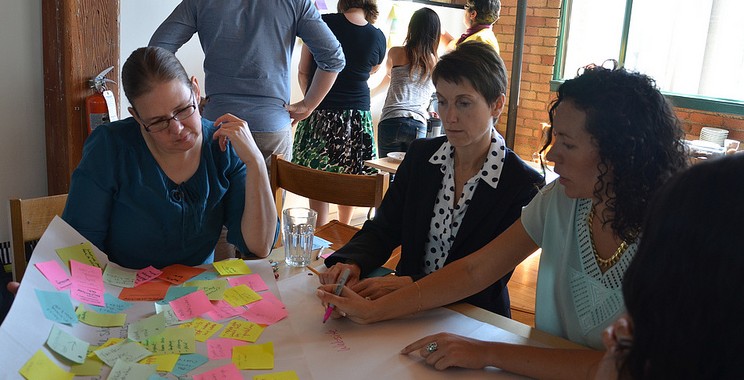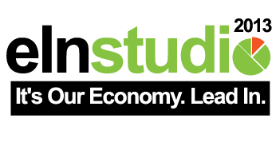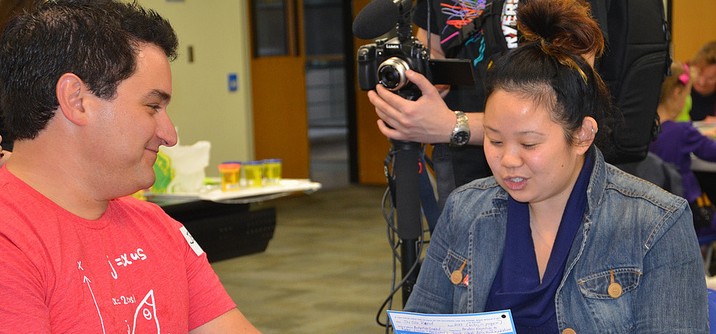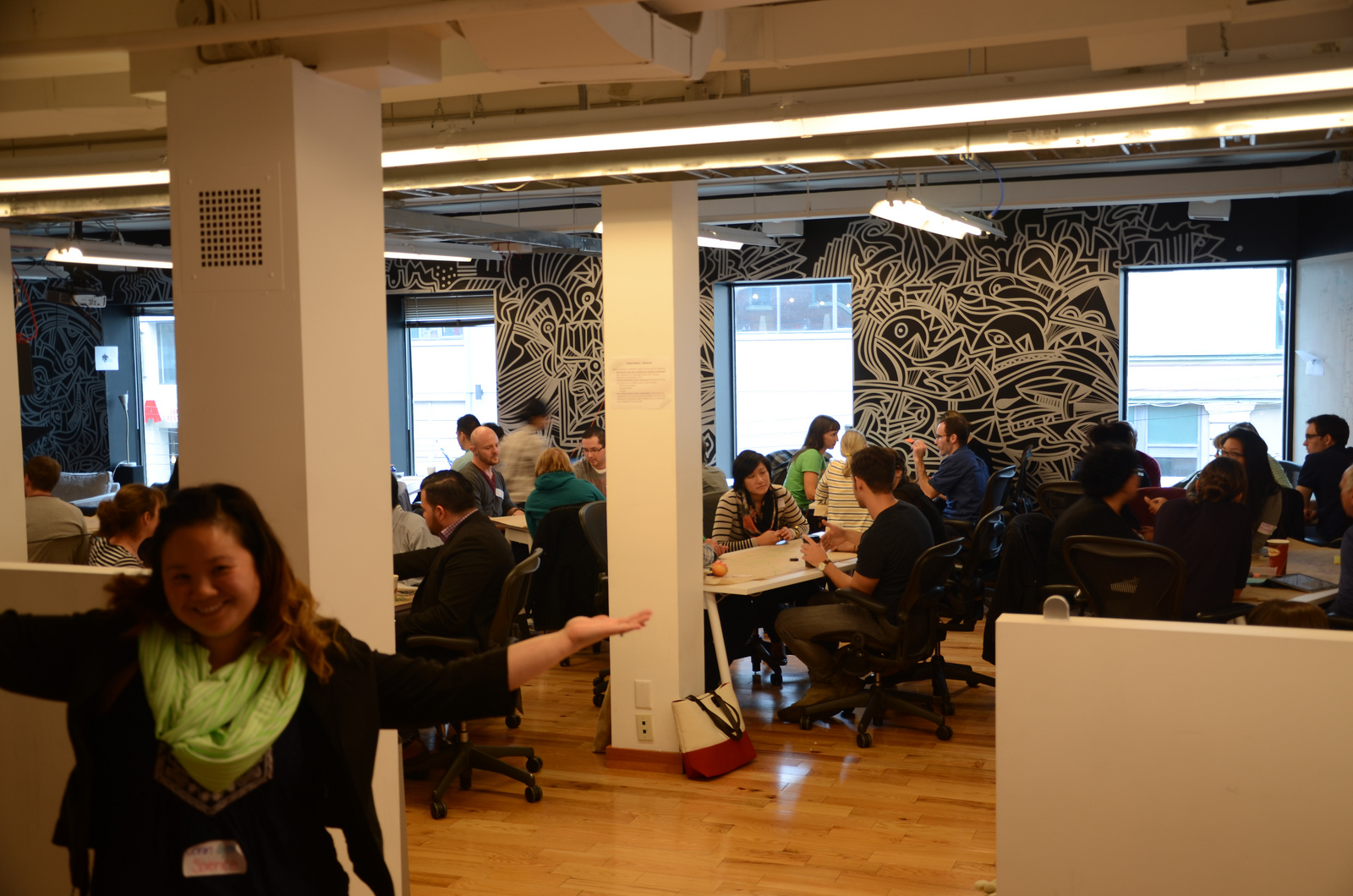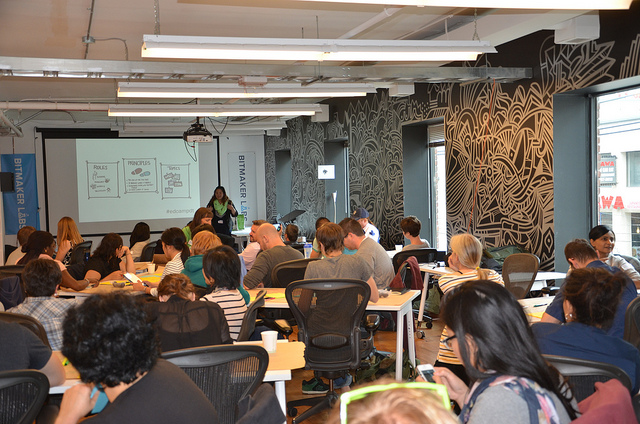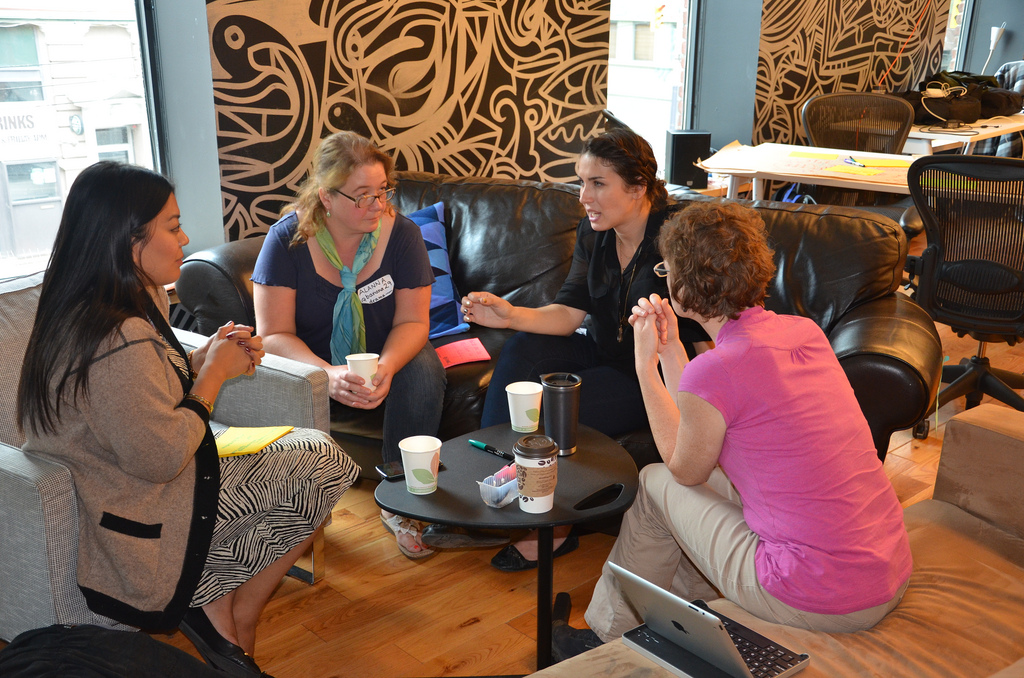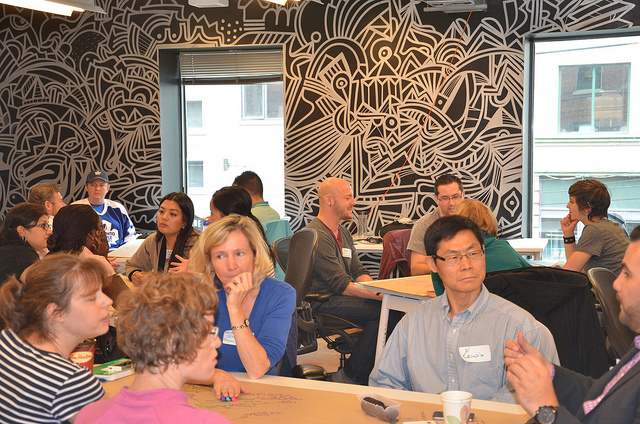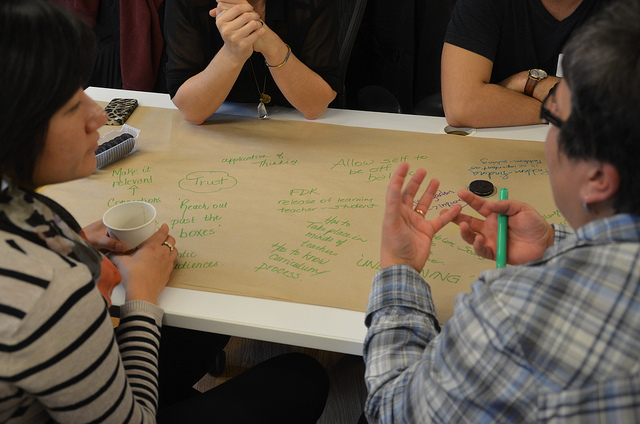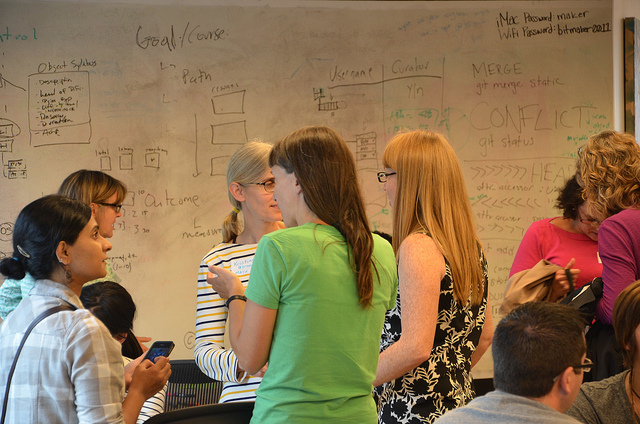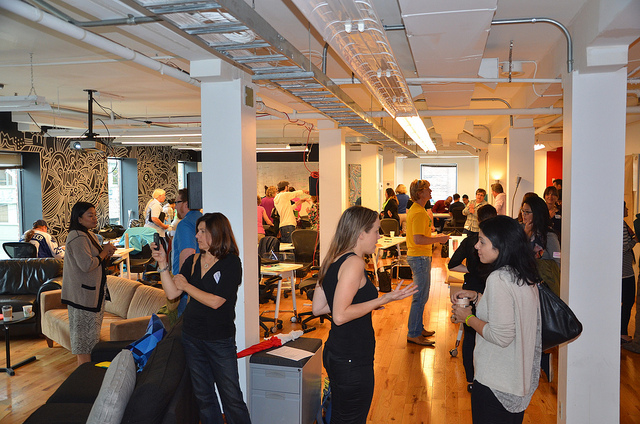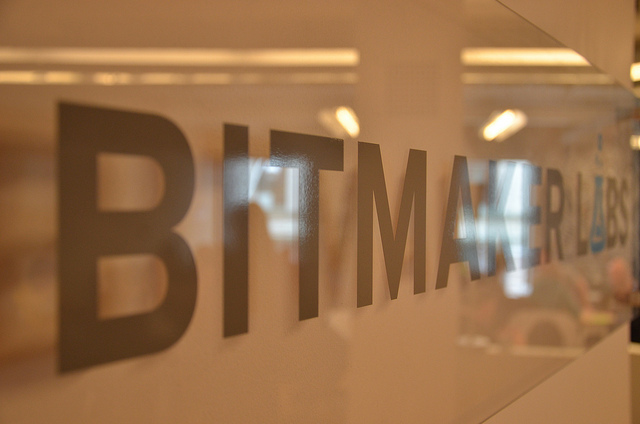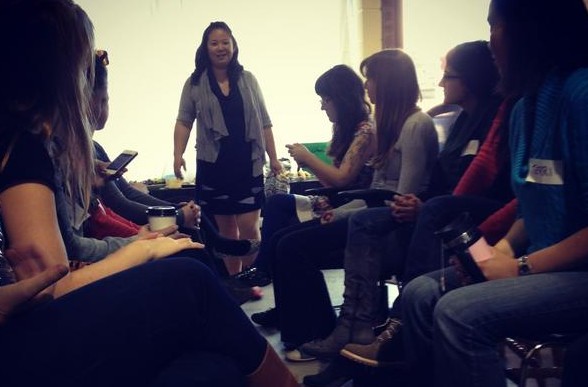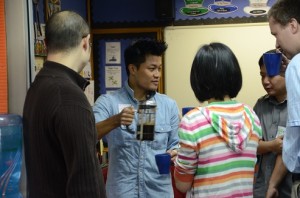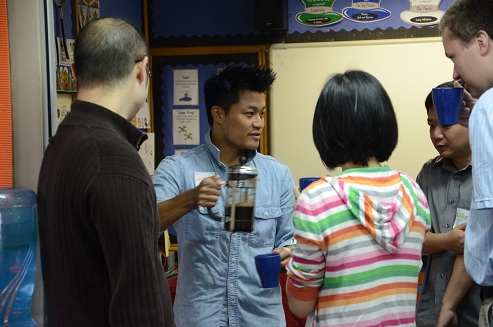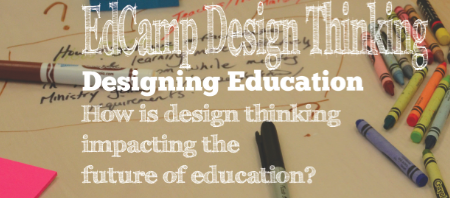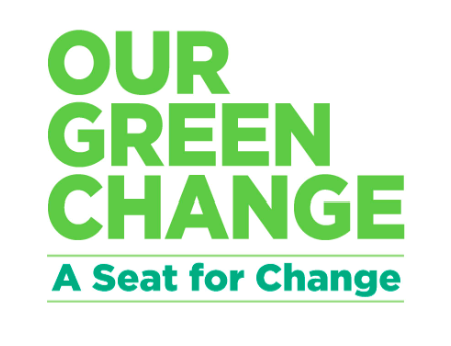Join us for a conversation about the future of the Green Change Agents Program, in a co-design process we will be gathering input on the future of the Green Change Agents Program, the vision for the core curriculum, the “ultimate” Green Change Agent and what community partnerships look like.
Green Change Agents Program – Community Consultation
WHEN: Friday, November 30, 2012 from 12:30 pm to 4:00 pm
WHERE: Driftwood Community Centre, 4401 Jane Street (southeast corner of Jane St/Driftwood Ave)
WHO: Individuals and community partners working on, or interested in, local environmental action, community engagement/education, and social justice, as well as past participants of the Green Change Agents Training Program
OVERVIEW: Green Change presents an immersive, interactive session to (re)engage community partners and residents around the next iteration of the Green Change Agents Program and develop strong partnerships that will influence its new structure and content
HOSTS:
Clara Stewart-Robertson, Project Coordinator for Green Change
and Jennifer Chan, Education Innovation Consultant
We have included some important background information below on the Green Change Project and Green Change Agents Program to help bring everyone up to speed. We promise that it is worth the long read!
What have we been up to lately?
Since the last round of agent training in early 2011, the Green Change Project has experienced numerous challenges, including a complete staff turnover and the loss of organizational memory, partnerships, and participants. While the resulting transition proved difficult at times for our new staff and caused some delays in our programming – as well as the construction of our new Centre for Green Change, – it also presented an incredible opportunity to pause, breathe, and reflect upon the project at a critical stage in its development. Moreover, that very “break” gave us the space to experiment with new creative processes and activities, seek new relationships with other innovators across the city, and stretch our capacity to lead change. Many of you played a part in this exploration and we are so grateful to you for your dedication and your inspiration over the last year!
So, once we had distilled all the lessons learned as well as our emerging ambitions for the project, we recognized that we needed to:
- Develop better organizational clarity and communication
- Develop more systematic and systemic community outreach
- Scale up inclusion and diversity in our operations and programs
- Formalize our commitment to community design, environmental health, and just sustainabilities
What better place to start this transformation, we thought, than with the redesign of our cornerstone Green Change Agents Program?
The purpose of the Green Change Agents Program was, and continues to be, to uncover and grow the capabilities and potential in all Jane-Finch residents to transform the way we treat each other and the planet. Through the program, participants are offered opportunities to build their environmental knowledge, take leadership on community projects, connect with a network of local mentors, and create pathways to employment.
Can we co-produce a more effective and sustainable program?
Over the last year or so, we have been working with graduate students from York University’s Faculty of Environmental Studies to unpack what happened during those previous agent programs, interview past participants and facilitators, and discover emerging trends in the “green economy” and “green jobs.” More recently, we have begun to evaluate similar environmental education and community leadership programs operating throughout the Toronto region, Canada, the United States, and Europe to help us think about how we could do our work differently.
We will be posting more direct outputs from our research online in the coming months, but for now, please get in touch with us for more information!
How can YOU contribute to this process?
As we begin to translate this research into more concrete ideas and practices for a revised agent program, it is important that we hear from as many different people as possible by hosting meaningful public conversations with our partners and residents. We want to ensure that we provide a fertile ground where we can all work collaboratively, creatively, and strategically toward the program’s growth and development. All of you have so many wonderful ideas, projects, and job/entrepreneurship opportunities to share with the Jane-Finch neighbourhood, and we want to find the best ways to move them forward.
Unfortunately, our timeframe for delivering a redesigned Green Change Agents Program is extremely short due the conditions of our funding. Our goal is to test run the new program this February during the “12 Days of Green Change,” and then deliver two consecutive rounds in March and June 2013. That said, we are strongly committed to ongoing dialogue and community engagement, starting with the community consultation on November 30th.
The purpose of this community consultation session will be to:
- Share the draft vision and principles for a redesigned Green Change Agents Program
- Engage with community partners and residents to amplify/coordinate emerging partnerships and learning opportunities
- Collaborate on the challenges currently facing the Green Change Project
If you know other community members or organizations who might be interested in contributing to the Green Change Agents Program, please share this invitation with them or contact us directly. We will do our best to accommodate everyone at the session, however, space is limited at the Driftwood Community Centre.
Additional details: Lunch and refreshments will be served. Please let us know if you have any specific food allergies or needs. Childcare can be provided upon request.
RSVP to the Green Change team by email at [email protected], or call 416-663-2733, ext. 235
